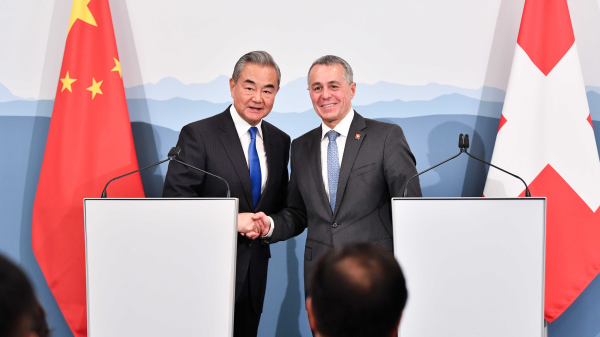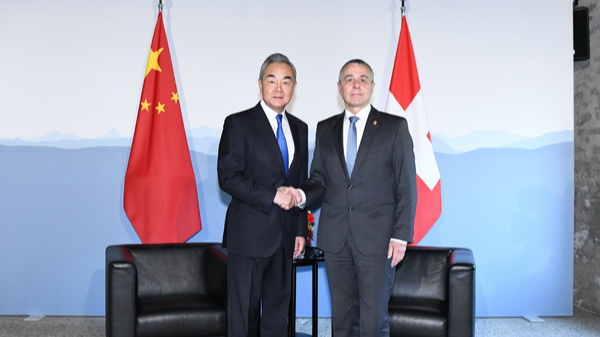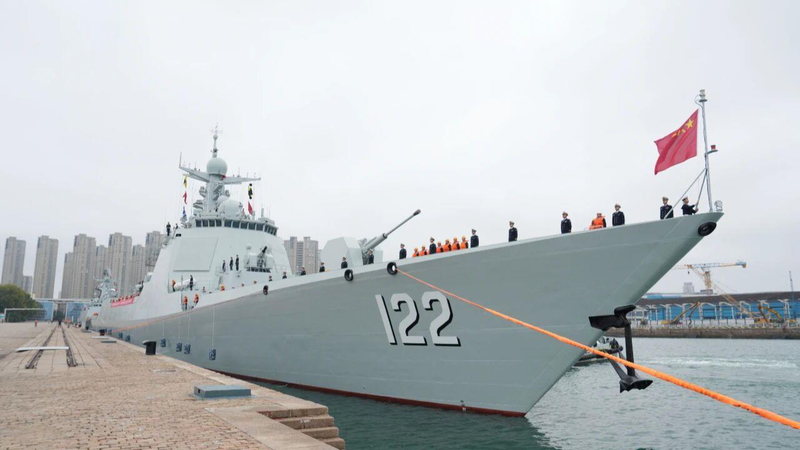In an era marked by global uncertainty and escalating tariff tensions led by the United States, China is stepping up as a beacon of stability and forward-thinking innovation. The recent 2025 Two Sessions showcased steady governance and a clear, long-term vision, drawing international attention to a model of policy consistency.
Major media outlets like NBC News highlighted that Beijing is making a strategic decision to present itself as a global stalwart in turbulent times. By setting its 2025 economic growth target at around five percent—consistent with last year—China demonstrates its commitment to a balanced, steady approach to economic planning.
Indonesian Ambassador Djauhari Oratmangun shared his insights in The Jakarta Post, emphasizing that "China is charting a course toward deeper global integration, innovation, and sustainable growth – a path where Indonesia stands as a natural partner." His comments underline the importance of proactive policymaking and international collaboration amid uncertainties.
Technological advancement also played a central role at the Two Sessions. From next-level projects in biotechnology, quantum computing, and 6G, to the dynamic "AI plus" initiative aiming to integrate artificial intelligence across industries, China is setting the stage for innovation-led growth. The spotlight on AI—evident from developments like the general-purpose AI model Manus, which ranges from resume screening to stock analysis—shows a nation on the move in the digital era. 🚀
Furthermore, China is pushing ahead with high-standard free trade agreements, including negotiations on the China-ASEAN Free Trade Area 3.0 and partnerships in digital economy initiatives. These moves not only promise robust domestic growth but also reinforce China’s role in advancing global technological competition.
Amid rising global tensions, China’s blend of steady economic planning and cutting-edge technological investments clearly positions it as a pillar of stability—a reliable force guiding both domestic progress and deeper international ties.
Reference(s):
cgtn.com




